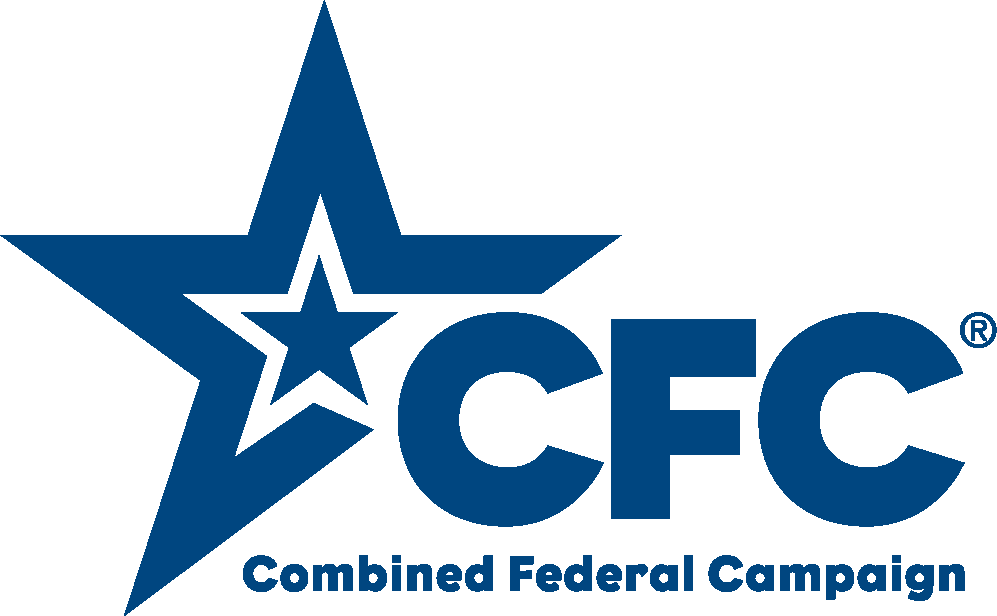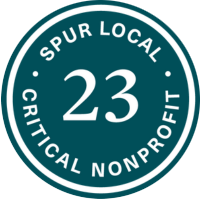
“Put judges and officers for yourself in all your cities that your God is giving you, for your tribes, and they shall judge the people with righteousness. You shall not subvert justice; you shall not show favoritism…justice, justice shall you pursue…” – Deuteronomy 16:18-20
Vision Statement: We must end the deadly over-policing of Black and brown people that is a key element of structural racism nationally. Nowhere is this truer than in Baltimore, where racially biased, corrupt, and unconstitutional policing has fed a growing call for accountability, and for decreasing police funding and re-allocating those funds to education, housing, transportation, and other programs that support real community safety.
Baltimore City spends over 25% of its general funds on police, more money per capita than Chicago, New York, Los Angeles, or Minneapolis.* We spend less than 1% of our budget on homeless services, housing, and Head Start combined.** Unlike most other city councils, the Baltimore City Council does not have the authority to redistribute money in the Mayor’s proposed annual budget. That means that the Council cannot move funding away from the police. Councilmember Bill Henry’s City Council Resolution 19-0379 proposes a Charter Amendment that would give the Council this power.
Our goal: Get Charter Amendment 19-0379 on the November ballot, and pass it. The resolution has received support from a majority of Councilmembers, and the Mayor now needs to sign it by Friday, July 31. If he signs it, Baltimore voters will approve or reject the Charter Amendment when we vote in November.
The power to shape the city budget is a cornerstone of the movement to hold police accountable. We must imagine and fully fund community-driven alternatives to policing, in order to radically reduce the scope of racist violence. To achieve these goals, the City Council must be able to reduce the budget for policing and reallocate funds to other parts of the budget.
The Charter Amendment process includes bill introduction, public hearing, committee vote, and two full council votes (“second reader” and “third reader”). If it passes third reader, the Mayor has three council meetings to sign it, veto it, or allow it to pass without signature. It then goes to the voters as a ballot question at the next election. 19-0379 passed third reader on Monday July 6, 2020. The three Council meetings following that are July 13, 20 and 27, but the deadline to certify questions for the November ballot is July 31. That doesn’t leave much time to override a veto if Mayor Young vetoes the Charter Amendment.
Tell Mayor Young: Sign 19-0379
* Freedom to Thrive, p. 2. General operating funds refers to all money that is not restricted for specific purposes, and therefore can be reallocated to other purposes.
** Freedom to Thrive, p. 17.





